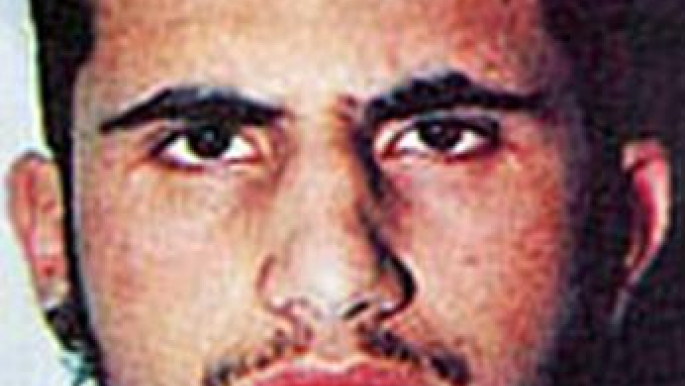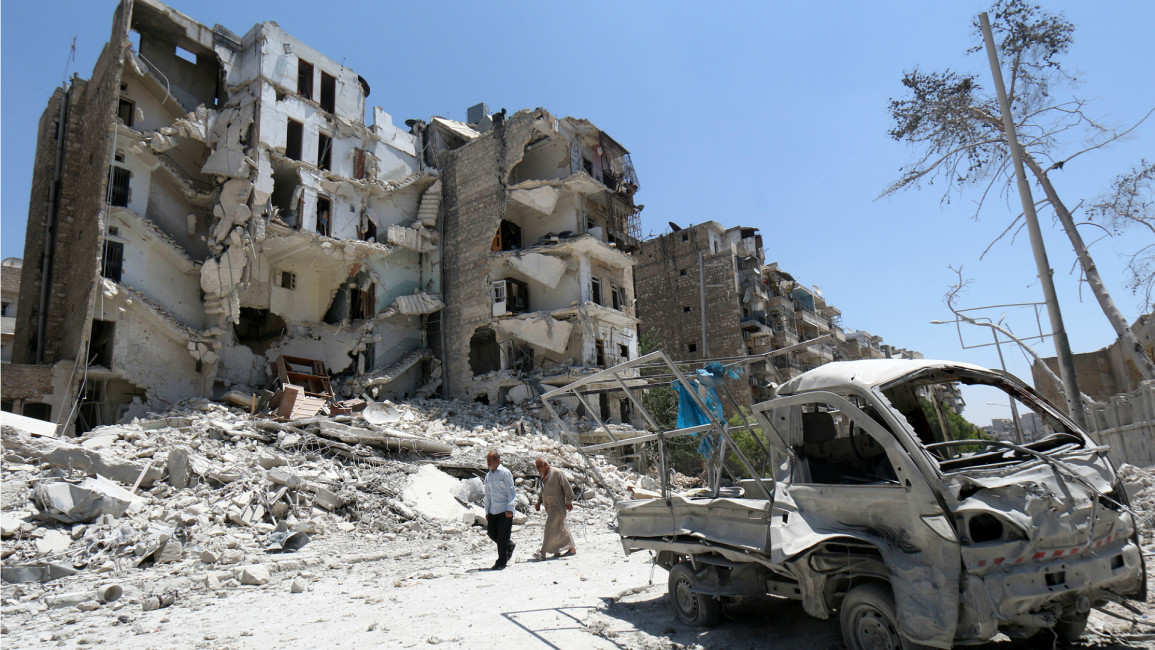US airstrike 'kills al-Qaeda leader' in Syria
Muhsin al-Fadhli was killed in a "kinetic strike" on July 8 while travelling in a vehicle near the northwestern Syrian town of Sarmada, said Pentagon spokesman, Jeff Davis.
He did not confirm whether a drone or a manned aircraft had killed Fadhli, 34.
 |
|
| Fadhli was allegedly the leader of the Khorasan Group |
Fadhli was allegedly the leader of the Khorasan Group, a group of senior al-Qaeda members who have travelled from Central Asia and elsewhere in the Middle East to Syria to plot attacks on the West.
The Kuwaiti-born militant was so trusted by the inner circle of late al-Qaeda supreme leader Osama bin Laden that he was among the few who knew in advance about the September 11, 2001 attacks on the United States, according to US intelligence.
"His death will degrade and disrupt ongoing external operations of al-Qaeda against the United States and its allies and partners," said Davis, who heads the Defence Department's press operations.
Counterterrorism expert Bruce Riedel, however, a former CIA analyst, called Fadhli's death a "serious but not fatal" blow to al-Qaeda in Syria.
Davis said Fadhli was also involved in October 2002 attacks against US Marines on Kuwait's Failaka Island and on the MV Limburg, a French oil tanker.
He was reported to have been previously targeted in a US air strike in September, but his death was not confirmed by US officials at the time.
Officials say Khorasan is part of al-Qaeda's Syrian branch, al-Nusra Front, though experts and activists cast doubt on the distinction between the two groups.
Missing journalists
Meanwhile, Spain said Wednesday that it is trying to establish what happened to three Spanish freelance journalists who went missing around the embattled northern Syrian city of Aleppo.
Justice Minister Rafael Catala told Spain's Cadena SER radio the government had no news regarding the three and could not say if authorities are treating their disappearance as a kidnapping.
Spanish Foreign Minister Jose Manuel Garcia Margallo urged "maximum discretion" in the case but called for "tranquility," saying similar situations in the past had ended well for Spain.
A Spanish journalism association first reported on Tuesday that the three — identified as Antoniu Pampliega, Jose Manuel Lopez and Angel Sastre — were missing since July 13.
They had travelled to Syria presumably together to report on the country's long-running civil war.
The four-year conflict in Syria has killed more than 220,000 people.
At least 84 journalists have been killed since 2011 in Syria, according to the Committee to Protect Journalists, while others remain missing or have been released for ransom.
An unprecedented spate of kidnappings by Islamic State militants starting in summer 2013 has kept most journalists away, particularly since the group began killing foreign journalists and aid workers it holds, starting with American journalist James Foley in August last year.
Foley's taped beheading was followed by the killing of American-Israeli journalist Steven Sotloff, British aid workers David Haines and Alan Henning, American aid worker Peter Kassig, as well as Japanese nationals Haruna Yukawa and Kenji Goto.
The group also has generated cash from ransoming European journalists.



